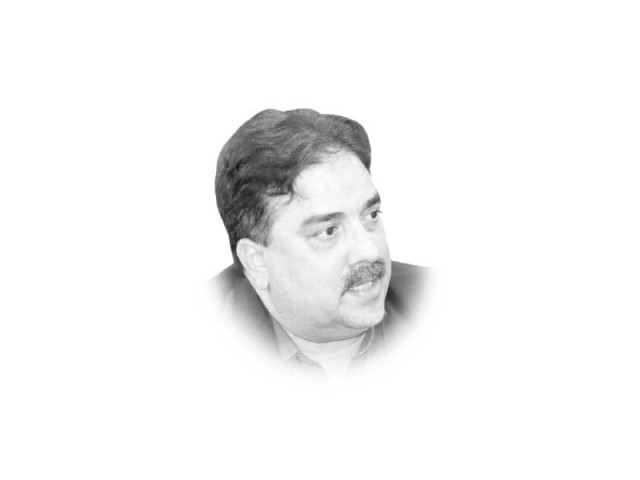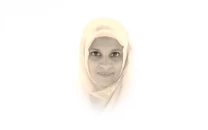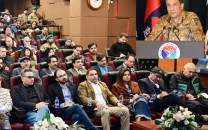Charting the path for a progressive and equitable society
Pakistan’s Grand National Dialogue offers key solutions for governance, education, economy, and societal reform.

In a diverse and divisive society like Pakistan, it is not an easy proposition to frame the hallmarks of governance. With the writ of the 1973 Constitution becoming questionable, as hybrid and pseudo civil-military dispensations continue to torpedo the true essence of electable governance, it remains an uphill task to carve a path of civility and equitable distribution of resources.
This newly-crept phenomenon has given way to parochialism and an utter sense of disgust, leading to brain drain and a lack of confidence in the affairs of the state. Perhaps that has led to the necessity of a grand dialogue for quite some time, as episodes of charters of democracy and economy were repeatedly thrown to the wind by opportunist elements in our midst.
Pakistan's premier think tank, IPRI, took a leap forward as it conducted a choreographed discourse on 11 national issues by pooling together the synergies of other think tanks, universities and stakeholders from private and public sectors to catalogue a fine-print of recommendations and the way forward.
The two-year long proceedings have now been published in the form of a book, which constitutes a great repository of factual analysis, critical conversation and the logical outcome on issues such as governance system, national identity and cohesion, economic security, extremism, population control, food, energy, and health, apart from education, climate change and de-weaponisation of society.
A quip from Dr Khalid Rehman, Chairman IPS, made an interesting observation. He pointed to an "inherent dilemma between politics and governance in Pakistan". He remarked that politics is ingrained in Urdu, whereas governance is conducted in English. This smart comment goes on to show the institutional disconnect between society and the ruling strata. This is where Pakistan has suffered as the inverted pyramid of governance has bred discontent, and the people and the state could not relate to this day.
As an outcome of a flawed and ad hoc module, poverty simmers at more than 50%, 22 million lack potable water, 25 million children aged 5-16 are out-of-school, 186 deaths per 100,000 pregnancies, 40% of children under-five are stunted, literacy rate lingers at 58% (lowest in the region), and 42% people have no health coverage.
On the flip side, there is an elite capture wherein $17 billion per annum is spent to retain the holy cows in the system, and the country sizzles with an international debt of $135 billion at the premise of a low GDP per capita and the debt-to-GDP ratio at an all-time high of 87%.
This necessitates some deep introspection to put the house in order, which luckily is blessed with mineral resources, human entrepreneurship, strategic location and an agrarian economy. Yet it has been in the doldrums of political instability, economic chaos and regional fissures only due to failure to inculcate sustainable governance and development, per se. The way to fix it is to stick to an actionable roadmap of lawful, just and equitable governance.
Some of the great takeaways of the Grand National Dialogue are: increasing the size of budget allocations in health and education up to 5% of GDP; realising the National Action Plan in toto; restructuring tax machinery; moving for export-led productivity; fostering investment; and embracing proportional representation to forge inclusivity in governance. Likewise, empowering political parties for evolving genuine socio-economic reforms is a must.
To placate resentment, it's time to focus on biotechnology for improved crop yield; usher in private-public partnership in agriculture; undo building of housing societies on arable land; erect a sound industrial edifice by promoting SMEs; build large dams to augment water storage; limit the dependence of energy on imported hydrocarbons; address the shortcomings of DISCOs; promote solar energy and stringently advocate population control.
The GND propositions are a great outcome of clarity of thought and germane to civil empowerment. The onus is on the decision-makers to take a cue from it for a better tomorrow.


















COMMENTS
Comments are moderated and generally will be posted if they are on-topic and not abusive.
For more information, please see our Comments FAQ